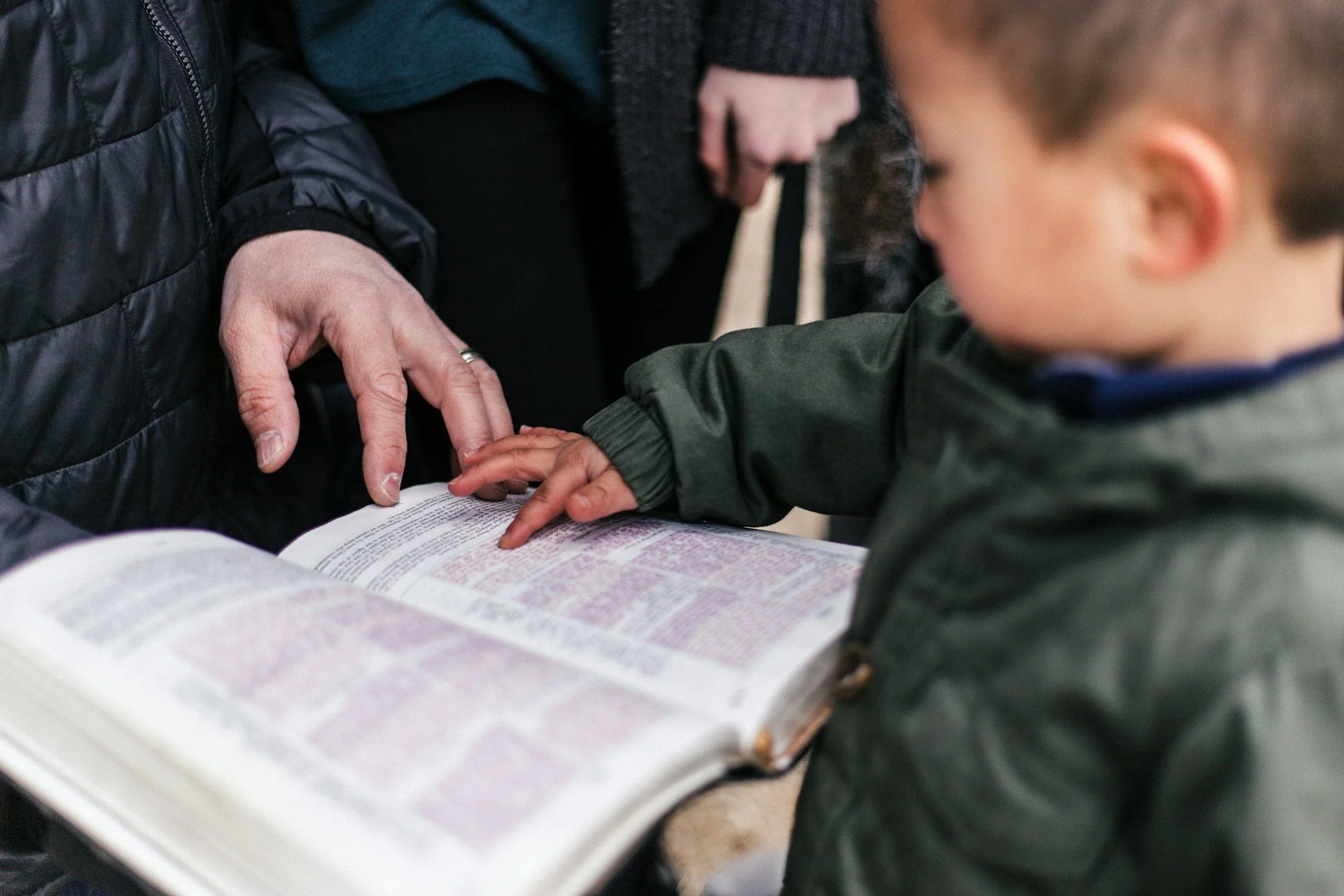Wherever You Go, I Will Go
Don’t make me turn back from following you. Wherever you go, I will go, and wherever you stay, I will stay. Your people will be my people, and your God will be my God. Ruth 1:16 GW [see full devotional text in the link below]
This is one of my favorite segments of the story of Ruth. It is a pivotal scene in the narrative. This dialog between Naomi and Ruth illustrates a few important and valuable themes in the book of Ruth, representative of the Bible’s larger narrative arc.
Four things, in particular, stand out to me in these verses—faith, faithfulness, redemption, and discipleship.
Faith
Ruth demonstrates great faith with her insistence to go with Naomi to Judah. Unlike her sister Orpah, Ruth is not returning to her homeland, her people, or her gods. She trusts in the Living God of Israel—Naomi’s God. Although she has not seen it, she trusts Naomi’s confidence in God’s provision (Ruth 1:6).
Ruth commits herself to Naomi and to follow her to a land she has not seen and a people who are not hers. Remember, she is a Moabite widow—a foreigner to Naomi’s people. And, Naomi is clear there are no guarantees (Ruth 1:11-13).
Faithfulness
Ruth’s faithfulness to Naomi is expressed emotionally and strongly in verses 16-17—
“Don’t force me to leave you. Don’t make me turn back from following you. Wherever you go, I will go, and wherever you stay, I will stay. Your people will be my people, and your God will be my God. Wherever you die, I will die, and I will be buried there with you. May the Lord strike me down if anything but death separates you and me!”
What a dramatic and heartfelt plea! Consider how personal it is. This isn’t about beliefs and theology, it’s based on Ruth’s relationship with Naomi and Naomi’s relationship with her God.
This is what faithfulness looks like. It’s more than a concept or virtue. It’s a commitment. It’s an astounding commitment of faith and faithfulness to Naomi, her people and customs, her land, and her God—the Living God of Israel.
Redemption
We see redemption in Ruth’s confession in two ways. She converts from the gods of her people—the Moabites—to trust in the Living God of Israel. Ruth is also a prophetic indicator of things to come. She is a prophetic sign of the inclusion of Gentiles—non-Jewish people—in the redemption of all humanity by Jesus.
The Jewish people saw the Kingdom of God as exclusive to them. Gentiles could not be included in God’s Kingdom unless they converted to Judaism. The early church thought this way as well, as seen by early Jewish church leaders protesting the apostle Peter’s involvement with the conversion of a Roman centurion (Acts 10:45-46; 11:18).
The genealogy at the beginning of Matthew’s gospel is a prophetic sign of the inclusion of Gentiles in God’s Kingdom. Typically, women are not included in a Jewish genealogy, but she is one of two Gentiles and five women listed there (Matthew 1:5).
Discipleship
Ruth’s declaration of faith and commitment to Naomi is a model of true discipleship. Not to another person, but to the Lord. Consider Ruth’s statements as if addressed to Jesus. Jesus calls His followers—His disciples—to deny yourself, die to yourself (take up your cross), and follow Me (Matthew 16:24).
Let’s look at these phrases line by line—
“Don’t make me turn back…” This is a picture of repentance, a turning away from our former life.
“Where you go, I will go…stay…” This is a personal commitment, like the one Jesus calls all believers to if they are to follow Him.
“Your people…my people…Your God…my God.” This models a confession of commitment and identification with God’s people, the church community, and corporate worship.
“Where you die I will die…” Because Israel’s God is a living God, this expresses hope in resurrection from the dead—the believer’s living hope (Job 19:25; Matt 22:31-32).
One last thought. Notice how Naomi responds to Ruth’s confession of commitment and faith. At first, Naomi doesn’t see the level of Ruth’s commitment. When she does, she accepts it and Ruth’s faith and allows Ruth to journey with her to Judah.
We need to be wary of limiting God’s power to draw people to Himself through us, even when we don’t see it right away. Don’t look past the people in your life. Engage with those you come in contact with daily. Listen to their life stories. Build relationships.
All people have value to God because His image is embedded in each of us. Jesus is the focus of our faith (Heb 12:2) and all humanity is the focus of redemption (John 3:16).
Text for this devotional-study– Ruth 1:15-18 GW
Reflection—
Consider Ruth’s declaration of commitment to Naomi as a declaration of faith, faithfulness, redemption, and discipleship in the Lord. This is what God calls all of us to when we respond to His love and grace.
Prayer Focus—
Regardless of your present circumstances—whether favorable or not—allow Ruth’s confession and declaration to be a guide for your prayer and trust in the Lord.
This is adapted from the book Stories of Redemption by Trip Kimball (available on Amazon)








